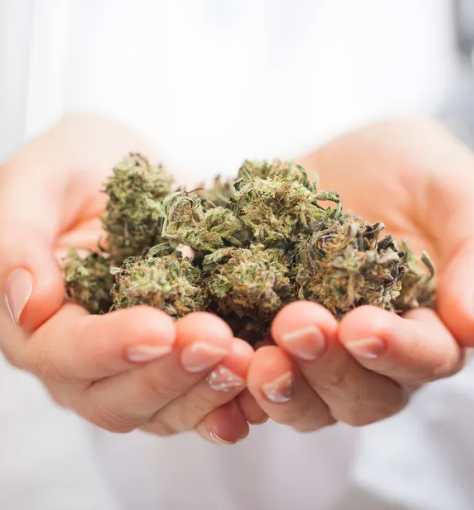The Origins of Weed
November 29, 2022
In the US, marijuana use has been a heated topic for many years; many states have already legalized marijuana for medical and/or recreational purposes, and additional states are attempting to do the same.
Marijuana has been used for therapeutic, spiritual, and recreational purposes for at least 10,000 years. While the benefits of cannabis medicine may seem like a recent discovery to Westerners, it has been utilized and studied by Eastern societies for thousands of years.
In India, China, Africa, and Assyria, archaeologists and paleobotanical studies have discovered that cannabis has been widely used for its medicinal and psychoactive properties but also materials or food, dating back to the first millennium BC.
So, let’s learn more about our favorite plant’s history and origins!
What was the first evidence of cannabis use?
Cannabis was first used
in western China or central Asia, and according to paleobotanical research, cannabis was present around the Altai Mountains about 11,700 years ago.
For thousands of years, people have utilized cannabis for its medicinal benefits. Its use was first recorded in 2000 BC when it was included in the pharmacopeia of Emperor Shen-Nung, who is regarded as the founder of Chinese medicine.
The scriptures of the Indian Hindus, the Assyrians, the Greeks, and the Romans all describe the therapeutic uses of cannabis and these texts claimed that cannabis could be used to treat a wide range of ailments, including asthma, amenorrhea, inflammation, pain, arthritis, depression, and loss of appetite.
How was the plant spread through the world?
Cannabis is thought to have originated in Central Asia and then traveled from there to Southeast Asia, the Middle East, and the east coast of Africa. Hundreds of years later, it eventually traveled to Europe and the Americas.
Between the years 2000 and 1400 B.C., cannabis arrived in the Middle East and was undoubtedly used there by the Indo-European nomadic Scythians. Given that they long occupied both countries, the Scythians are also likely to have brought cannabis into southeast Russia and Ukraine.
In particular areas, various strains of cannabis began to emerge; these are now referred to as landraces. These strains, like the Hindu Kush from the Kush Mountains in Pakistan and Afghanistan, are indigenous to that area and are shaped by its climatic conditions, topography, soil composition, and habitat.
Cannabis in China
The Pen-Ts’ao Ching,
the world’s oldest medical text
, was made from ancient manuscripts and became known in the late Han Dynasty in the second century CE. It refers to Emperor Shen-Nung, the founder of Chinese medicine who recognized cannabis’ therapeutic value for more than a hundred diseases. The Pen-ts’ao Ching, which emphasizes the curative powers of the plant and how safe its use was, provides the oldest evidence of cannabis being used as a medication.
How did cannabis get to the US?
Since the country’s founding, cannabis has had a long and occasionally turbulent history in the United States. Through the years, this plant—first utilized as a textile material and then as a medical ingredient—became incredibly controversial. Cannabis traveled to the Americas in a variety of routes across the Atlantic Ocean and it is believed that it entered through the Spanish after their invasion of the Americas began in 1492.
Cannabis in the Modern Times
Cannabis was introduced to Western medicine in 1839 as there was a general increased interest in the plant in the 19th century. More than 100 studies were carried out in the second half of the 19th century, and pharmaceutical firms in the US and Europe started producing and selling cannabis tinctures.
Cannabis-based medicines have become increasingly accessible to the general population, with several companies promoting the plant’s ability to treat a range of conditions. However, according to federal law, marijuana use is still prohibited in the US. State marijuana regulations, meanwhile, are constantly evolving.
Even now, marijuana is still categorized by the federal government as a Schedule I controlled substance, meaning it has a high potential for abuse and addiction, no recognized medical benefits, and no safe usage level.
The post The Origins of Weed
appeared first on Kush Cart.
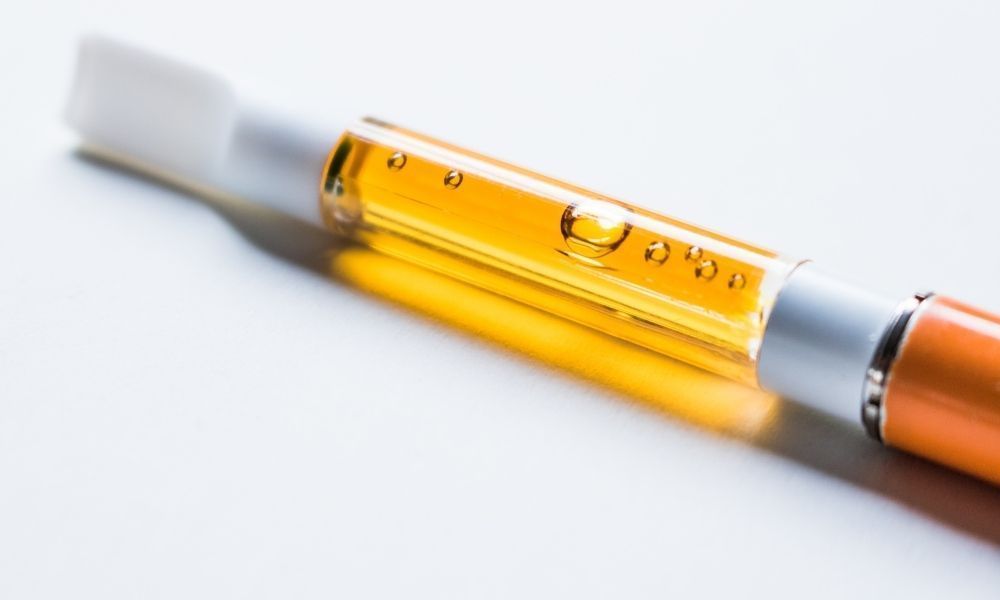
May 25, 2023
If you’re new to cannabis, you might be wondering about the difference between vaping cannabis flower and concentrates. In this blog post, we will explore the pros and cons of vaping cannabis flower vs. concentrates, why vaporizing is so popular, and the benefits of vaporizing each one. We will also provide some good strains of […]
The post The Pros And Cons Of Vaping Cannabis Flower Vs. Concentrates appeared first on Kush Cart.
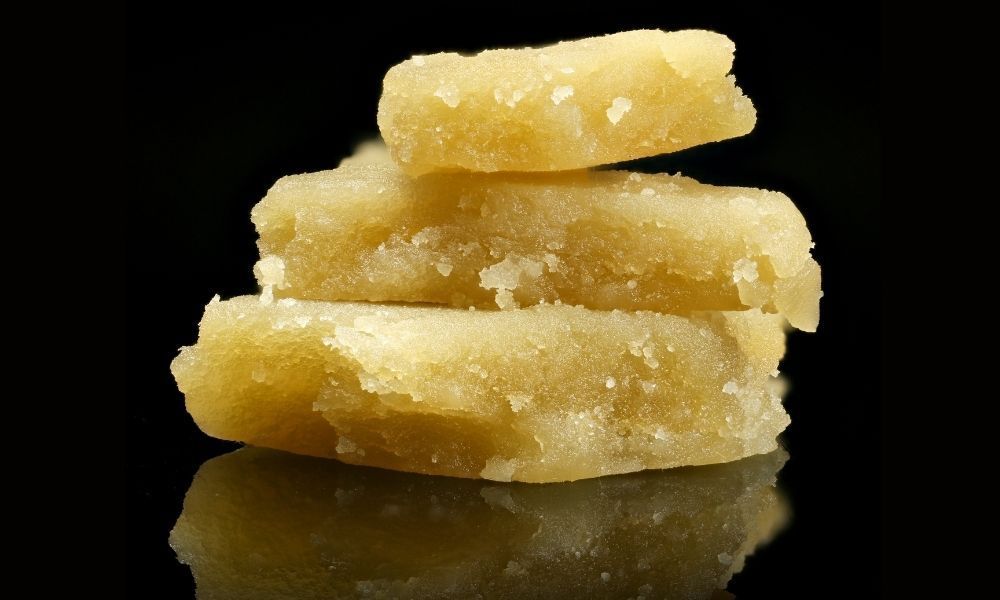
May 14, 2023
Cannabis concentrates are becoming increasingly popular among cannabis enthusiasts. One of the most sought-after concentrates is bubble hash. In this blog post, we will explore what bubble hash is, how it’s made, where it comes from, why it’s desirable, and some popular bubble hash cannabis strains. Our educational blogs take on topics (such as what […]
The post Cannabis Concentrates: What is Bubble Hash? appeared first on Kush Cart.
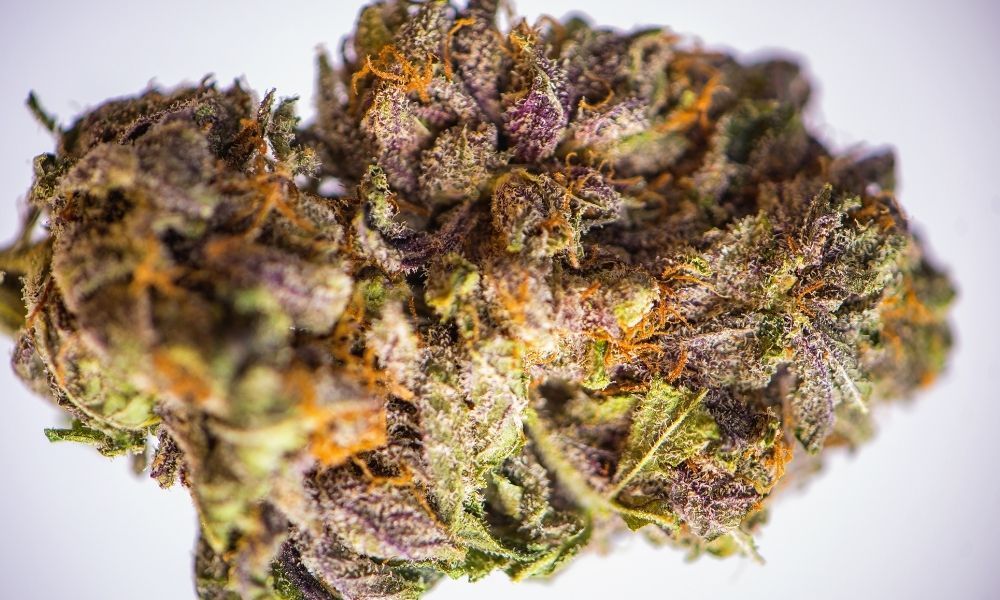
April 24, 2023
In the US, marijuana use has been a heated topic for many years; many states have already legalized marijuana for medical and/or recreational purposes. Currently, additional states are attempting to do the same. Growing cannabis indoors has become a popular option for many people. Indoor growing offers many benefits. These include: greater control over the […]
The post The Most Popular Cannabis Strains to Grow Indoors appeared first on Kush Cart.
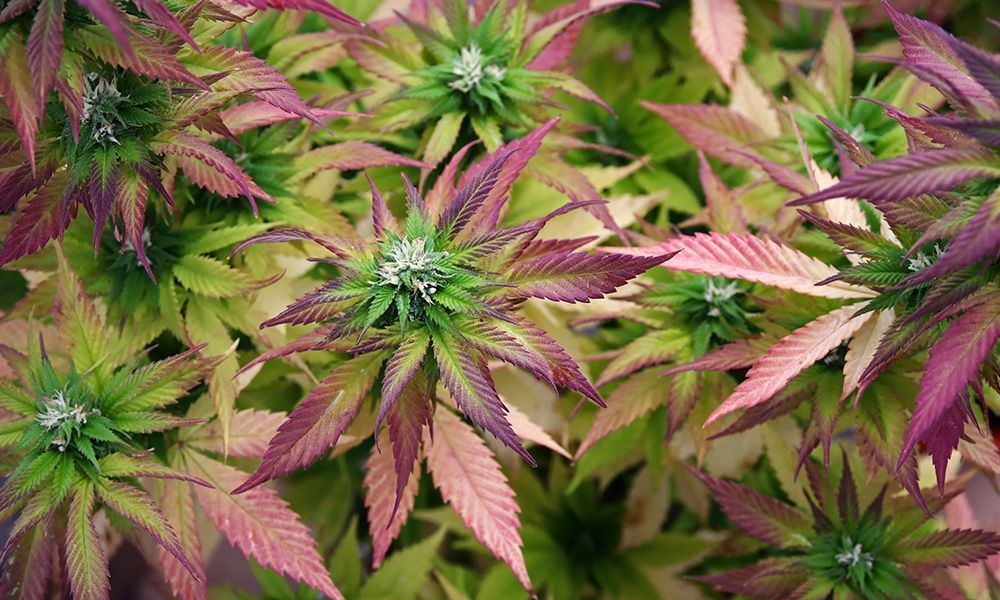
April 14, 2023
Growing cannabis outdoors has been a popular practice for decades and since then has been used for therapeutic, spiritual, and recreational purposes for at least 10,000 years. Growing outdoors is a great way to produce high-quality buds for personal consumption. With the right knowledge, it’s relatively easy to grow cannabis plants outside. With outside grows, […]
The post Top 5 Weed Strains To Grow Outdoors appeared first on Kush Cart.
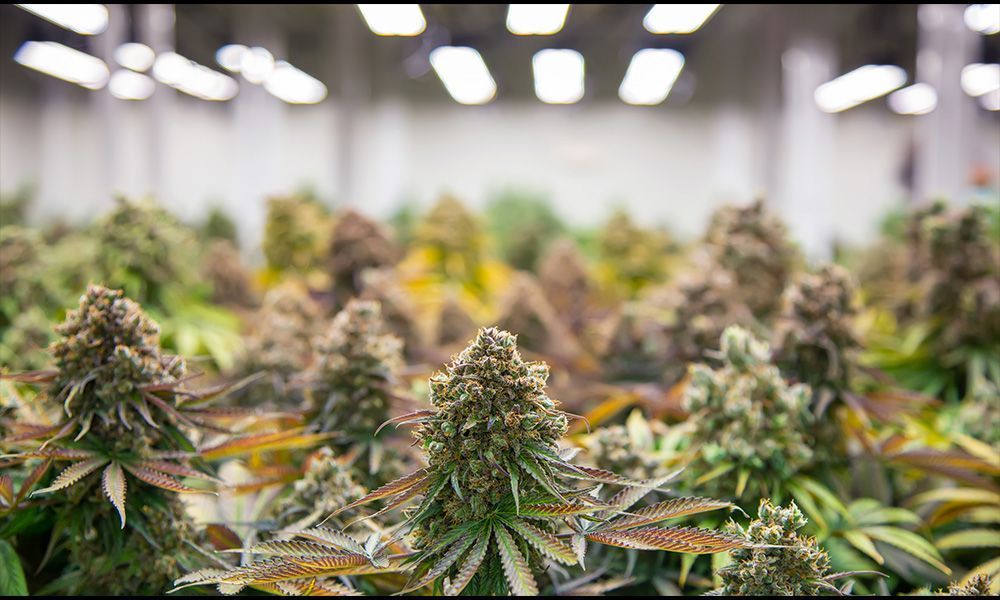
March 23, 2023
MAC #1, A.K.A. Miracle Alien Cookies, has been taking the cannabis community by storm for the last couple of years, and is now firmly cemented in the genome! The aroma is outstanding, with a flavor closely matching it, and tokers can look forward to creamy tropical melon, diesel flavors enhanced by a big sprinkle of […]
The post The Origins of Miracle Alien Cookies “MAC #1” appeared first on Kush Cart.
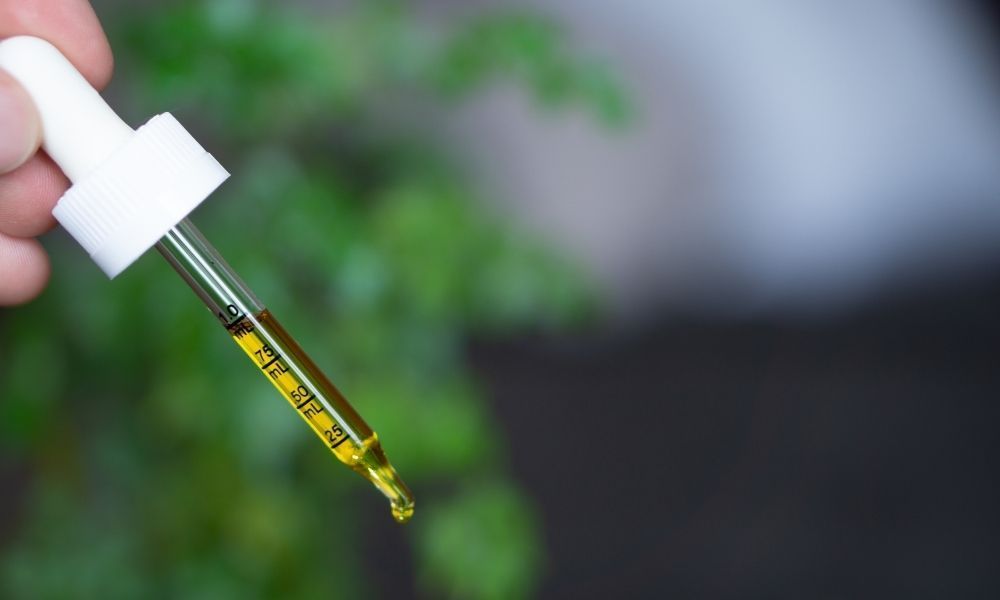
March 12, 2023
Updated and legitimate cannabis and marijuana education is becoming more important every day. It seems that the more we’re exposed to new cannabis studies, the less we know. Here at Kush Cart, we want to give out readers the most current and updated information we can. Before we get started with this week’s topic—cannabinoid receptors—we […]
The post Marijuana Education: What are Cannabinoid Receptors? appeared first on Kush Cart.
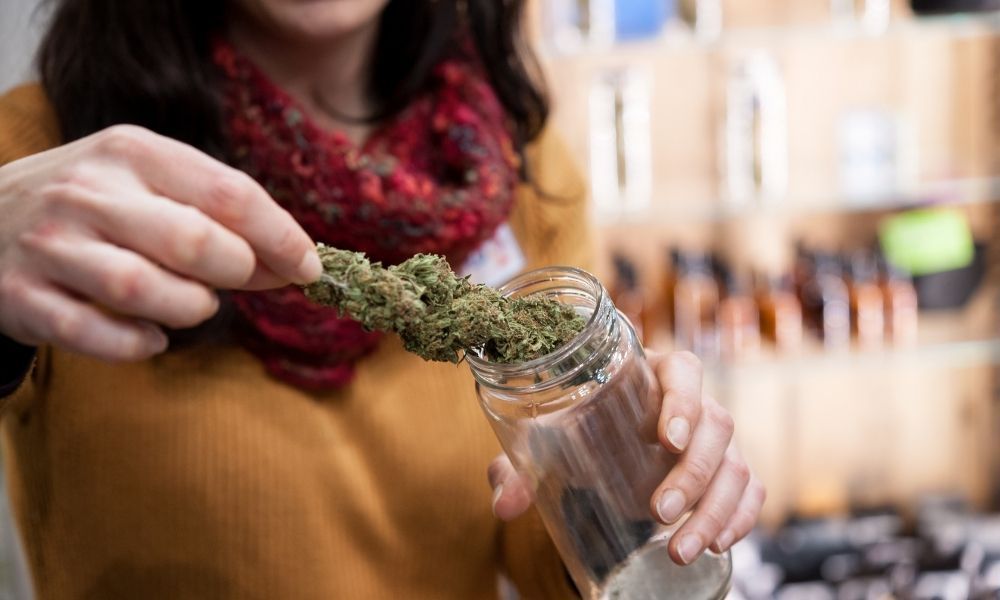
February 26, 2023
The marijuana industry has experienced a significant shift over the last two decades. Cannabis is no longer considered a harmful substance and is currently recognized as legal in some US states. Like other plants, cannabis is either a pure breed or a hybrid of different strains. Pure strains and current hybrids are continuously combined and […]
The post Fact vs. Fiction Marijuana Hybrids appeared first on Kush Cart.
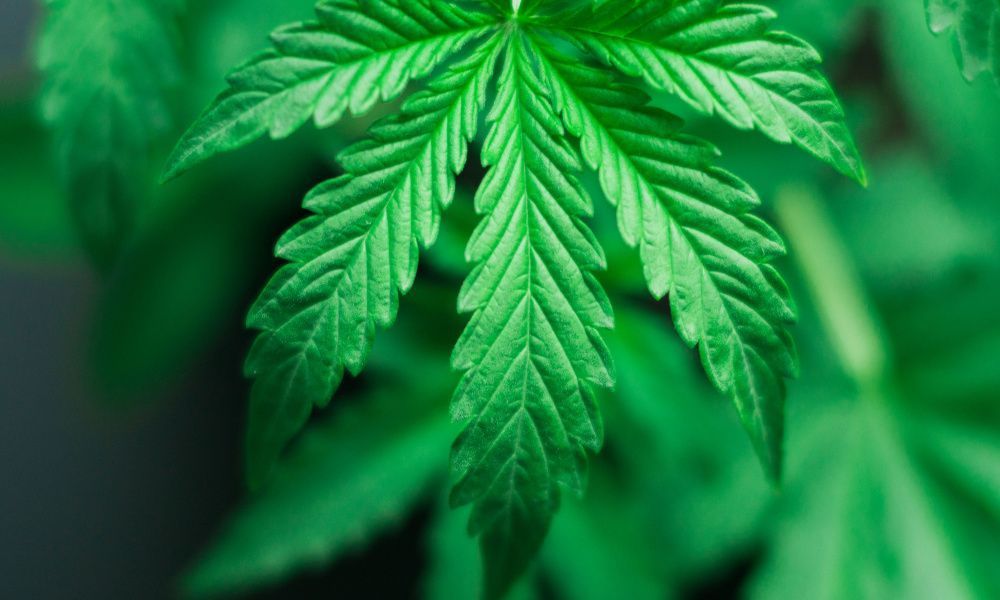
February 9, 2023
Although the specific connection between cannabis and sex is still being studied, a rising body of evidence suggests that the relationship is in fact very substantial. However, there is relatively little study on cannabis and libido, in part because cannabis research has been challenging to fund and because it is still illegal under federal law […]
The post Cannabis And The Positive Effects It Has On Libido For Men And Women appeared first on Kush Cart.

January 27, 2023
Although humans are supposed to be a “social species,” many people dread going to public places. In fact, recent data suggests at least 12% of Americans have a social anxiety disorder (SAD). Even people who aren’t diagnosed with SAD may feel a bit “on edge” in social settings. Thankfully, a dose of weed may be […]
The post Finding The Most Social Weed Strains appeared first on Kush Cart.


